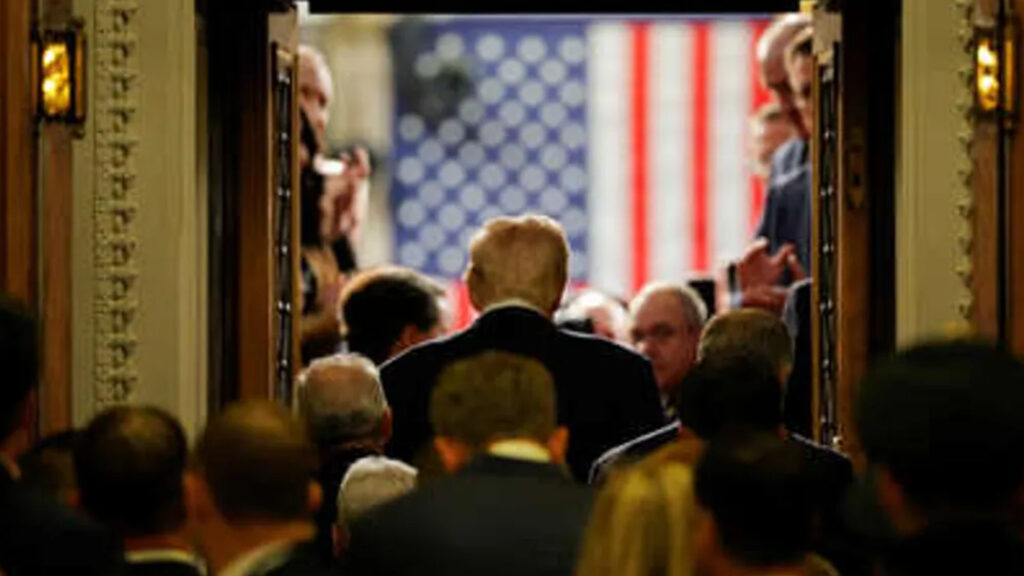Washington, June 24, 2025 — The House of Representatives’ vote yesterday was more than a domestic political showdown; it served as a revealing test of leadership priorities during a time of escalating global uncertainty. The bid to impeach President Donald Trump, spearheaded by Congressman Al Green, collapsed decisively with a 344–79 tally, a striking rebuke even from within the ranks of the opposition party that introduced the resolution.
The stated trigger for the impeachment push was Trump’s decision to authorize U.S. military strikes on Iranian nuclear facilities on June 22, bypassing Congressional approval. Green argued that this move violated constitutional checks on executive power over military actions. Yet the lopsided vote suggests that the debate was less about legal principle and more about political calculation in a fraught moment.
Green’s impassioned call for accountability, backed by only a fraction of Democrats, failed to sway the broader mood in Congress. Notably, 128 Democrats broke ranks to vote against the measure, aligning with a unified Republican front. This rare bipartisan convergence underscores a deeper reality: in times of international crisis, bold moves against a sitting president can falter, even among those who might otherwise oppose him. The vote revealed a tactical fracture within the opposition, prioritizing national cohesion over partisan gestures.
The strikes themselves were a response to a rapidly deteriorating situation in the Middle East. On June 13, Israeli forces targeted Iran’s nuclear infrastructure, killing Hossein Salami, a top commander of the Islamic Revolutionary Guard Corps. Iran retaliated with a massive missile and drone assault, prompting U.S. intervention nine days later. Trump hailed the operation as a “decisive preemptive success,” claiming it neutralized the threat of nuclear proliferation without American casualties.
Not everyone at home shared his view. Representative Alexandria Ocasio-Cortez decried the strikes as “unconstitutional” and warned of a dangerous precedent. Meanwhile, House Speaker Mike Johnson dismissed the impeachment effort as a “distraction from pressing global threats.” In this clash of perspectives, pragmatism carried the day.
The vote’s broader implications are hard to ignore. With geopolitical stakes running high, efforts to curb executive action can be seen as risky, even by those skeptical of the administration. The resounding defeat of the impeachment resolution signals a collective hesitance to destabilize leadership when the world feels on edge. It was less a defense of one man than a pragmatic choice to preserve political stability.
This moment also poses a stark question: when does constitutional fidelity give way to strategic necessity? The House’s answer on June 24 was unambiguous, favoring flexibility over purism. As global tensions simmer, the appetite for symbolic stands appears limited—for now.

This graph displays the terms of selected U.S. presidents from 1789 to 2025, focusing on impeachment events. Horizontal bars represent each president’s term, with blue indicating no impeachment, red marking presidents impeached (Andrew Johnson, Bill Clinton, Donald Trump), and orange highlighting those with impeachment inquiries but no formal impeachment (John Tyler, Richard Nixon). Annotations detail impeachment years and outcomes, such as “Impeached 1868, acquitted” for Andrew Johnson. The timeline is current as of June 25, 2025.



